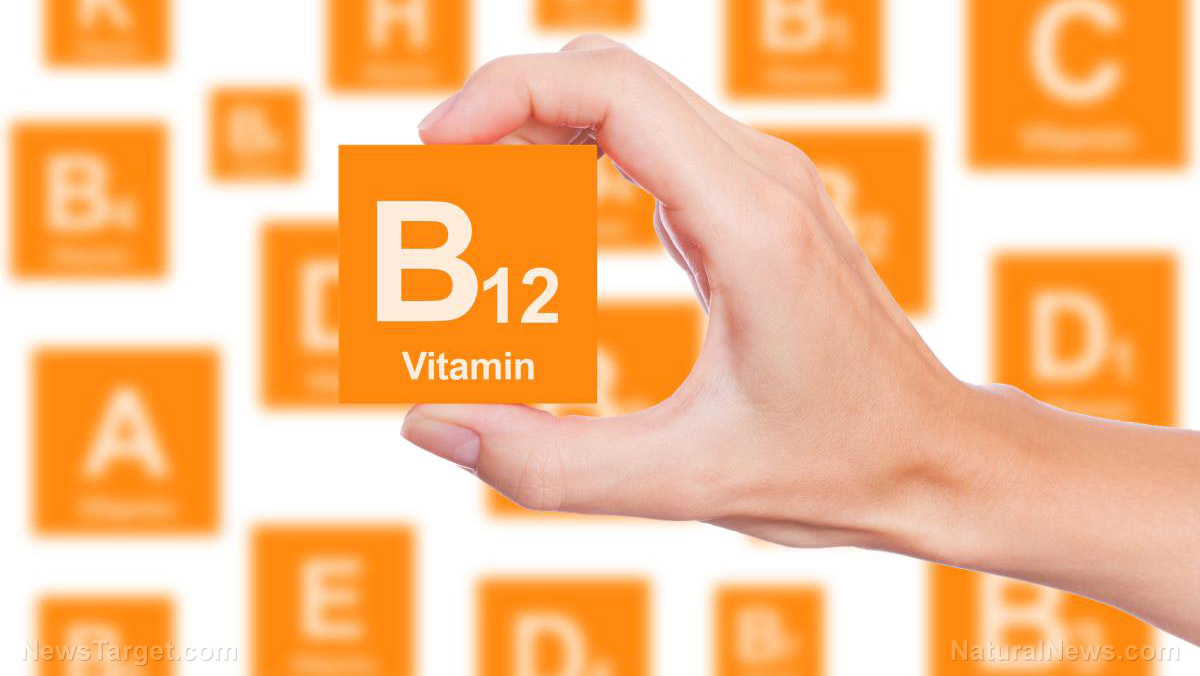
The study focused on the individual differences in the ability to control impulses and behaviors. The researchers showed the participants a screen where either the letter “E” or “F” would briefly appear then disappear on the left side. The participants were tasked to focus on that side of the screen and press a button that identified which letter they saw. Before the letter was shown, a sensual image would appear to the right side of the screen. Using eye-tracking equipment, the experiment showed that the subjects took a glance to the right.
“Using this set-up, we were able to challenge participants' self-control in the face of temptation,” said Rosa Steimke, a researcher at the University of Miami.
The researchers compared the functions of two brain networks in self-control behavior — the cognitive control network and the salience network. The cognitive control network of the brain plays a part in behavior that needs self-control and works on the control of attention. On the other hand, the salience network is a collection of areas of the brain that pick which stimuli is worthy of our attention and is related to the automatic direction of attention.
Lucina Uddin and her group used a method called “dynamic functional network connectivity” to examine which of the two brain networks was more responsible for participants' likelihood to take a peek at the sensual pictures even if the goal was to focus on the letter to the left.

“Researchers normally study connectivity using traditional approaches, but we used the dynamic approach, which gave us new insight that traditional connectivity analysis did not reveal,” explained Uddin.
The researchers unexpectedly discovered that the cognitive control network and task performance had no relations. Meanwhile, the participants whose brains exhibited a specific pattern of salience network dynamics had better performance and resistance to temptation.
“When we looked at the moment-to-moment, changing dynamic measures of connectivity we saw the relationship of individual differences in eye-gazing behavior emerge,” said Uddin.
Empathy and its effect to self-control
Another region of the brain has been shown to influence the ability of self-control. Researchers from the University of Zurich showed that self-control is influenced by a part of the brain called the right temporoparietal junction (rTPJ), which is associated with empathy.
In the study, the participants chose between a reward for themselves or one that they would share with others. They were also offered an immediate reward of a smaller amount or a bigger reward if they waited for three to 18 months. Lastly, they were tasked to take the viewpoint of an avatar and tell the number of red dots on a ball that the avatar would see.
Results showed that when the researchers disrupted the rTPJ, the participants were less able to see things from the perspective of their future selves or of another person. As a result, they were less likely to share money with others and more willing to choose immediate cash instead of waiting for a larger bounty at a later date. This suggested that the rTPJ influences perception and how other people may think or feel during social interactions.
The researchers believe that understanding self-control and the ability to delay gratification or resist temptation are essential in improving health and well-being because they affect almost every decision we make in life.
Sources include:
Please contact us for more information.






















